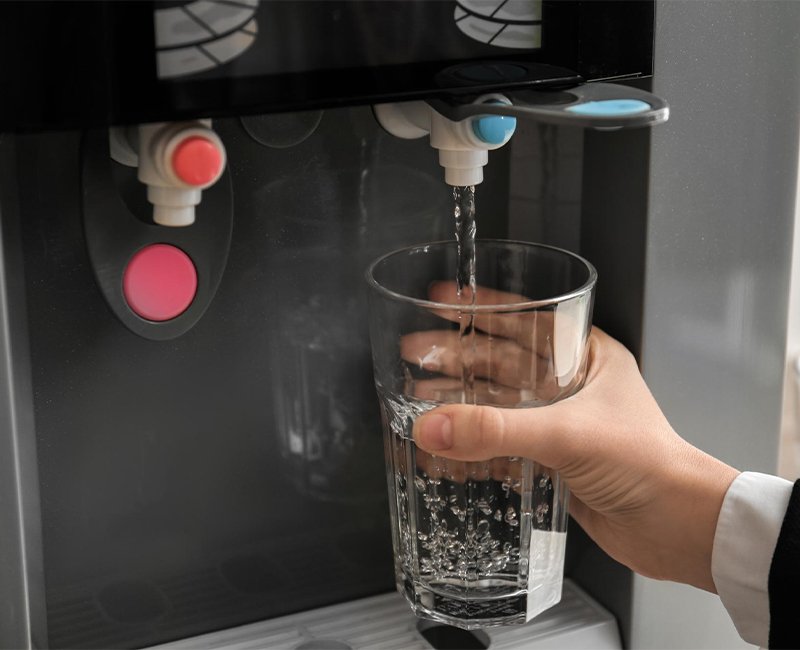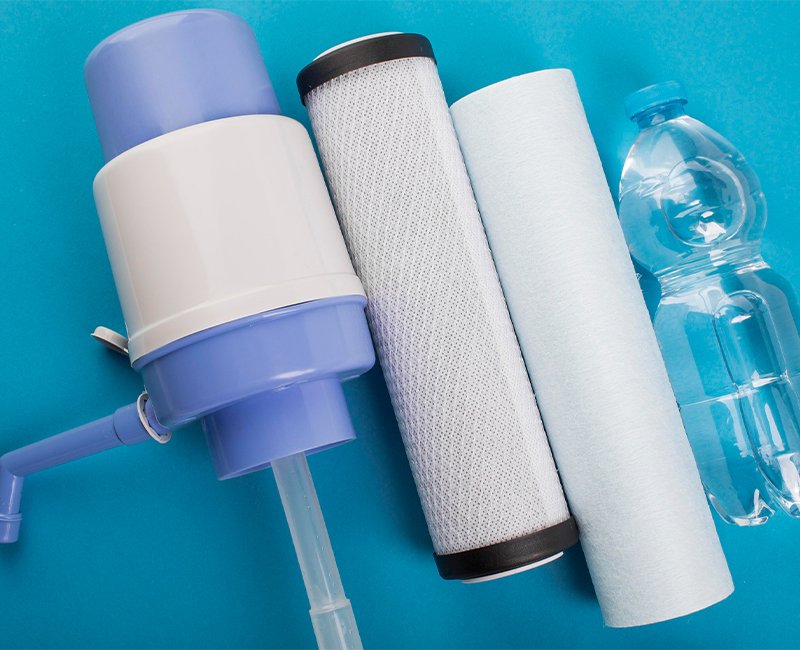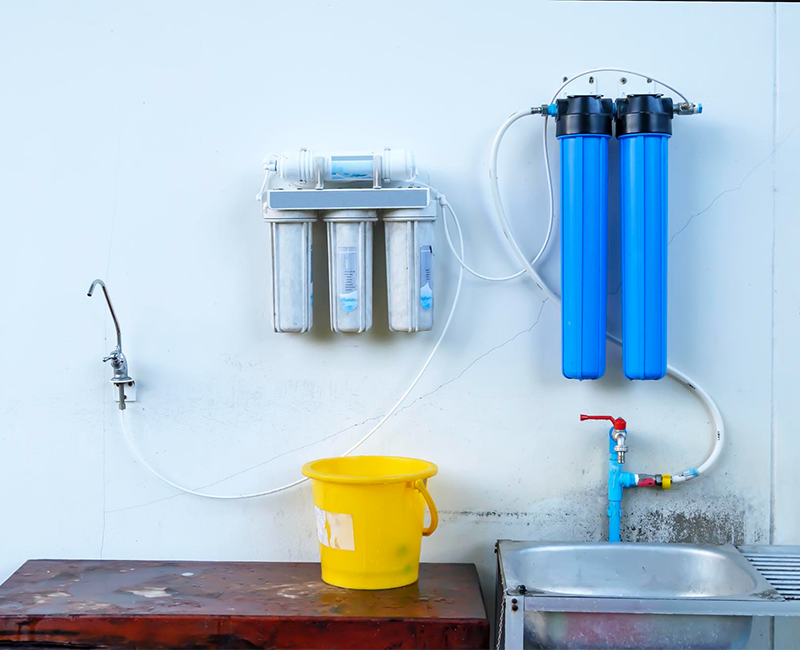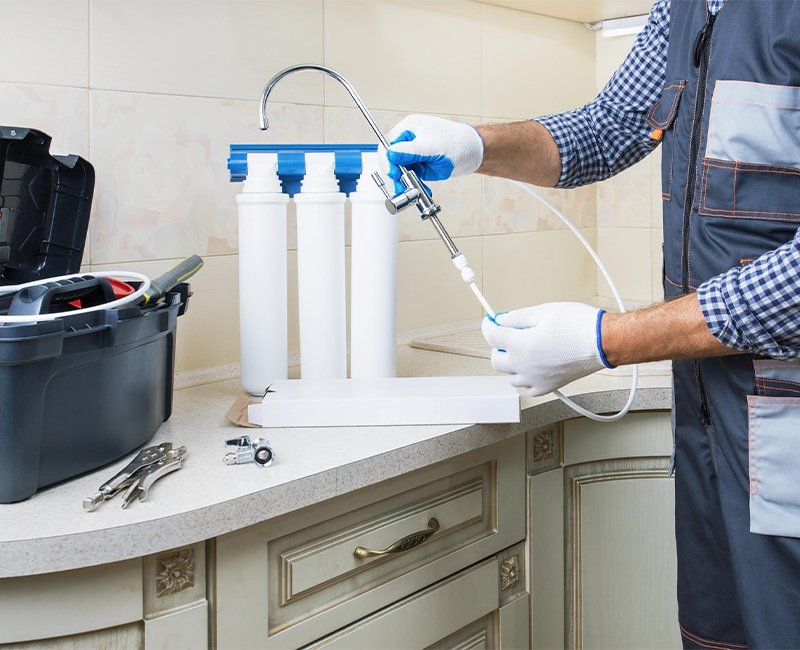Why We Need Water Softeners in Bangalore
In Bangalore, the issue of hard water is a common concern that affects thousands of families and businesses. Hard water, which is characterized by its high mineral content, particularly calcium and magnesium ions, can cause a variety of problems like clogged pipes, damaged appliances, and even skin issues. Installing water softeners in houses and offices is the solution to this persistent problem. In this complete article, we'll look at why water softeners are so important in Bangalore and how they can help with the problems caused by hard water.



